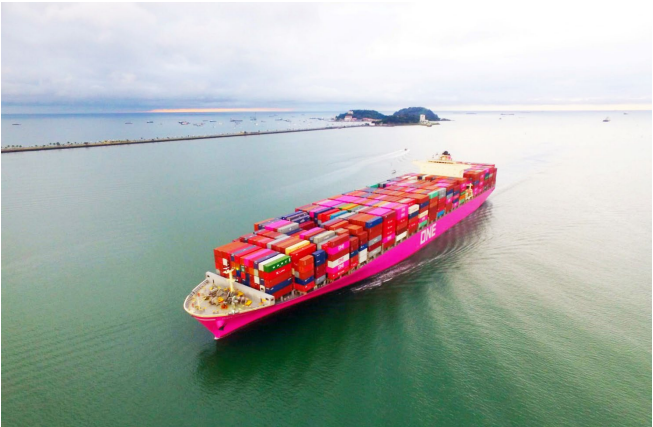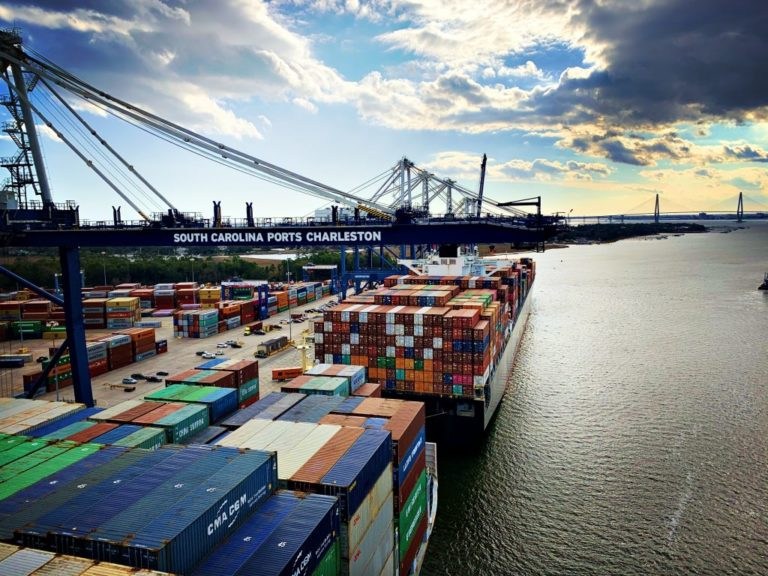On February 3, 2025, local time, U.S. President Trump signed an executive order deciding to suspend the additional tariffs on goods from Mexico and Canada, delaying their originally scheduled implementation until March 4, 2025. This decision was made against the backdrop of a tense global trade situation, particularly as border issues among the U.S., Canada, and Mexico have become increasingly prominent. In his statement, Trump emphasized that the Secretary of Homeland Security would work closely with the Secretary of State, Attorney General, National Security Advisor, and Homeland Security Advisor to continuously assess the security situation along the northern border of the United States.
Trump noted that if the crises of illegal immigration and illicit drug trafficking were to worsen, and if the Canadian government failed to take sufficiently effective measures to mitigate these issues, he would be forced to take the necessary actions to address the situation—which could include the reinstatement of the tariffs. This remark underscores the Trump administration’s firm stance and flexible strategy in handling border issues.
Canadian Prime Minister Trudeau responded swiftly. He announced that Canada was implementing a border security plan worth up to 1.3 billion dollars, aimed at strengthening border management by introducing new helicopters, technology, and personnel. Trudeau emphasized that Canada was enhancing coordination with the United States, with nearly 10,000 frontline personnel working diligently to safeguard border security. In addition, Canada made a new commitment to designate drug trafficking organizations as terrorist groups, ensure 24/7 border monitoring, and establish a joint task force with the U.S. to combat organized crime, money laundering, and other illegal activities.
Trudeau revealed on social media that he had a phone conversation with Trump, during which both sides engaged in in-depth discussions about the border issues. In the interim, while both parties work together to resolve these problems, the proposed tariff measures would be delayed by at least 30 days. Trudeau stated that Canada would continue to bolster border management and form a joint task force with the United States to more effectively combat organized crime, fentanyl abuse, and money laundering.
Meanwhile, Mexican President López Obrador also spoke with Trump on the phone. After their conversation, both leaders announced that the United States and Mexico had agreed to immediately postpone the implementation of the additional tariffs for one month while continuing negotiations. López Obrador stated that Mexico would immediately deploy 10,000 National Guard personnel to enhance patrols along the northern border to prevent the trafficking of drugs such as fentanyl from Mexico into the United States. In return, the United States committed to preventing the trafficking of high-powered weapons into Mexico. Both sides’ teams would begin working on security and trade issues from that day onward to ensure stability and safety in the border regions.
Recalling the executive order signed by Trump on January 1, he had decided to impose an additional 25% tariff on products imported from Mexico and Canada. This decision immediately provoked a strong reaction from Canada. On the same day, Trudeau announced a 25% tariff on U.S. exports to Canada valued at 155 billion Canadian dollars as a countermeasure to the U.S. tariffs. However, with Trump’s decision to postpone the tariff imposition, the trade dispute appears to have been temporarily alleviated.
It is important to note, however, that while Trump’s decision to suspend the tariffs eases tensions for the time being, border issues remain a challenge that the U.S., Canada, and Mexico must face together. Issues such as illegal immigration, illicit drug trafficking, and organized crime not only threaten the security and stability of the border regions but also have serious impacts on the economic and social development of all three countries. Therefore, continued cooperation among the three nations is necessary to combat these illegal activities and maintain peace and stability along the borders.
Moreover, Trump’s decision to suspend the tariffs could also have certain implications for the global trade environment. In a context where the global economic recovery remains sluggish and where trade protectionism and unilateralism are on the rise, uncertainties abound in global trade. While Trump’s decision might inject a measure of stability into global commerce, in the long term, resolving border issues and promoting trade liberalization remain the joint objectives that these three countries must strive to achieve.

Last
ONE and LX Pantos Establish Joint Venture to Provide End-to-End Multimodal Transport Services
On February 4, Ocean Network Express (“ONE”) and LX Pantos announced the successful establishment of their joint venture, Boxlinks

Next
Hapag-Lloyd and ONE Release New Financial Reports
Recently, Hapag-Lloyd and ONE both released their latest financial performance reports.On January 30, based on preliminary and una
